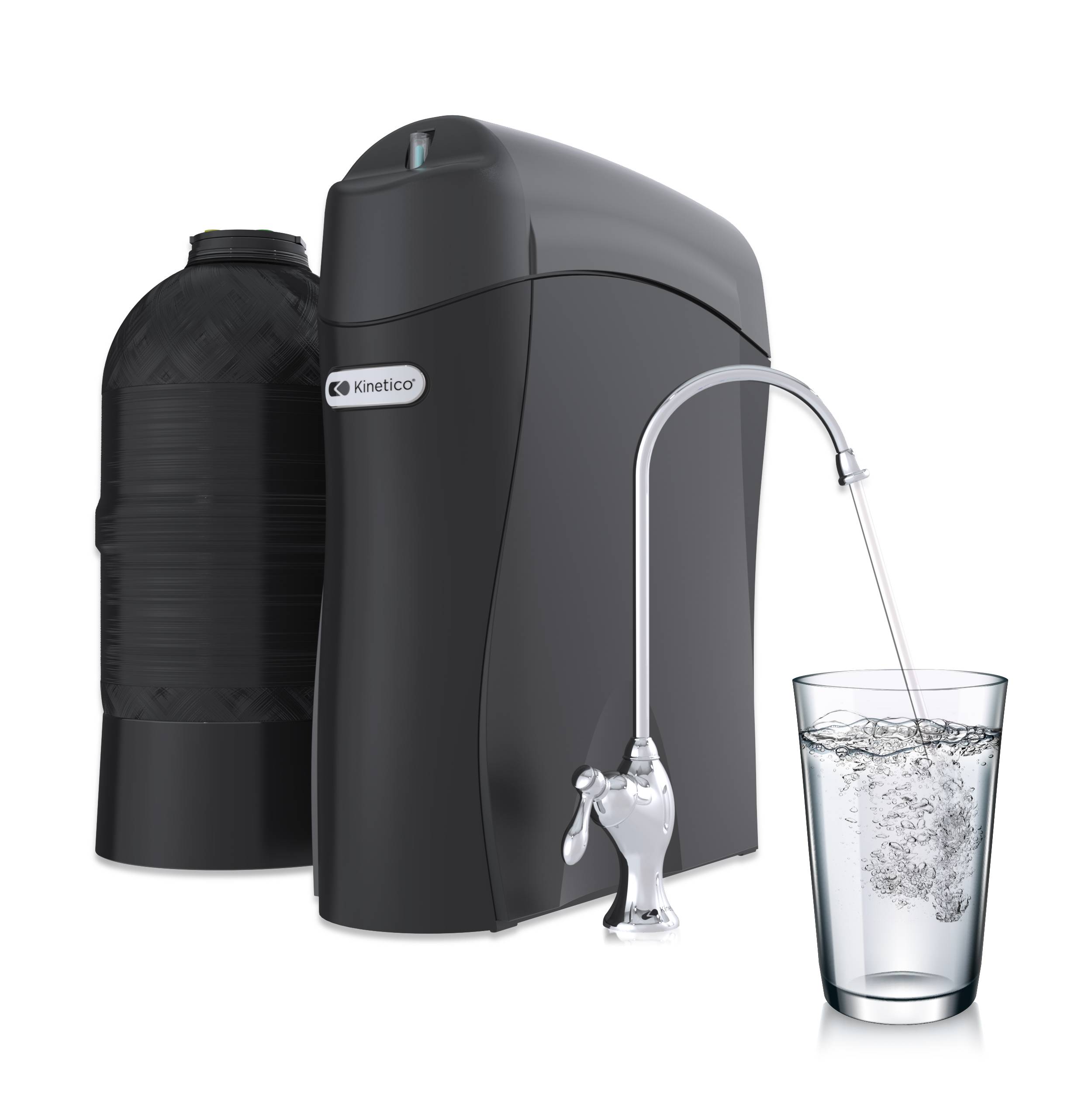Water Supply Safety
By now we are certain you have read headlines regarding some US water supplies. Perhaps some of these headlines are hitting close to your home.
It is not our intent to belabor these headlines or to frighten anyone with news headlines. However, we do feel that it is important that we all recognize our own role in our well being. Just as the local water supplier adds fluoride to the water for the intent of optimum dental health, one still brushes his or her teeth.
We feel it is the same for your water treatment. While the municipality is supplying the best water it can, we believe we should also ask ourselves if there are steps that we, as homeowners; should or could take to further insure we have the best water possible.
Unbiased Water Treatment Education and Information
This is the purpose of home water filtration products. The proper selection insures that you are taking the steps available to you to further insure great water in your home. The following press release is offered from the Water Quality Association and discusses the benefits of home water filtration and offers an unbiased water education. You may find additional water and water treatment information from WQA at www.wqa.org.
Water Quality Association Addresses Lead in Drinking Water
Lisle, Illinois –The Water Quality Association (WQA), an Illinois-based not-for-profit organization, is committed to addressing issues affecting water quality. We support the use of certified water treatment products for final barrier protection at the home as lead in drinking water continues to be a pressing issue in Sebring, Ohio. WQA is a non-profit association, representing the residential, commercial, and industrial water treatment industry, with over 2,700 members. We have technical staff and water treatment professionals ready to help.
WQA operates several programs to help provide education and resources to the public:
Consumer education through publications such as Water Treatment for Dummies;
Fact sheets on common contaminants to provide more technical content for researchers, industry professionals and public health officials;
Testing and certification of drinking water treatment products through an ANSI and SCC accredited Certification program, and on-site state of the art laboratory; and
Training and Professional Certification for Professionals in the Drinking Water Treatment Industry, with a searchable database to connect consumers to water treatment professionals in their area;
Here are frequently asked questions about lead answered by WQA’s technical team:
What are potential health effects from lead?
Lead poisoning often displays no outward symptoms; however, irritability, weight loss, vomiting, constipation, and stomach pain are possible signs to look for. Young children and pregnant women are at the greatest risk, even from short-term exposure. Reduced cognitive development and neurobehavioral deficits are associated with blood levels less than 10 micrograms of lead per deciliter of blood (mg/dL) in children. Therefore, there is no safe level for lead to be present in the blood of children. Individuals will adsorb more lead if they have poor nutrition than those with better diets.
For more information please visit:
US Department of Health and Human Services: http://www.atsdr.cdc.gov/toxprofiles/tp13.pdf
Center for Disease Control and Prevention: http://www.cdc.gov/nceh/lead/acclpp/blood_lead_levels.htm
Where can I go to get my water tested?
Water testing should be done be a certified testing laboratory. WQA strongly recommends water testing be conducted at each point of use in accordance with appropriate sampling procedures. The water should be checked after a period of disuse before a specific water treatment product is selected. Water conditions can change, so the water should be tested both before a treatment product has been installed and at regular intervals following installation.
Here is the list of Ohio certified labs: http://www.epa.state.oh.us/ddagw/labcert.aspx
How do I maintain a filter once it is installed?
Always follow the manufacturer’s installation instructions and contact the manufacturer to confirm usage and capacity. To ensure the manufacturer can provide the most accurate recommendations, have water test results for lead on hand for review.
Where can I find a product certified for lead reduction?
American National Standards Institute (ANSI)-accredited entities offering product certification include: Water Quality Association’s Product Certification Program, NSF International, International Association of Plumbing and Mechanical Officials, and Underwriters Laboratory. All of these certifiers have product listings. To find WQA certified products for lead reduction, visit: https://www.wqa.org/Find-Products#/keyword/?claim=46.
Contact information for local professionals and manufacturers of certified products can also be found at wqa.org.
WQA is a not-for-profit trade association representing the residential, commercial, and industrial water treatment industry. To best serve consumers, industry members and government officials, WQA has an ongoing dialogue with other organizations representing all aspects of the water treatment industry. Since 1959, the WQA Gold Seal certification program has been certifying products that contribute to the safe consumption of water. The WQA Gold Seal program is accredited by the American National Standards Institute (ANSI) and the Standards Council of Canada (SCC).
# # #


